
Blog
The Future of Capsule Packaging Machines in Sustainable Manufacturing
As industries increasingly shift towards more sustainable manufacturing practices, the role of technology in this transformation cannot be understated. Among the pivotal advancements in packaging technology is the Capsule Packaging Machine, which plays a crucial role in reducing waste and improving efficiency. This innovative machine not only streamlines the packaging process but also aligns with eco-friendly initiatives aimed at minimizing environmental impact. With growing consumer demand for sustainable products, manufacturers are tasked with exploring solutions that meet both regulatory standards and market expectations. The future of capsule packaging machines will likely involve enhanced features that prioritize recyclability and sustainable materials, ultimately paving the way for a greener manufacturing landscape. This exploration of the evolving capabilities of Capsule Packaging Machines and their alignment with sustainable practices offers insights into the manufacturing processes that could redefine industry standards in the near future.
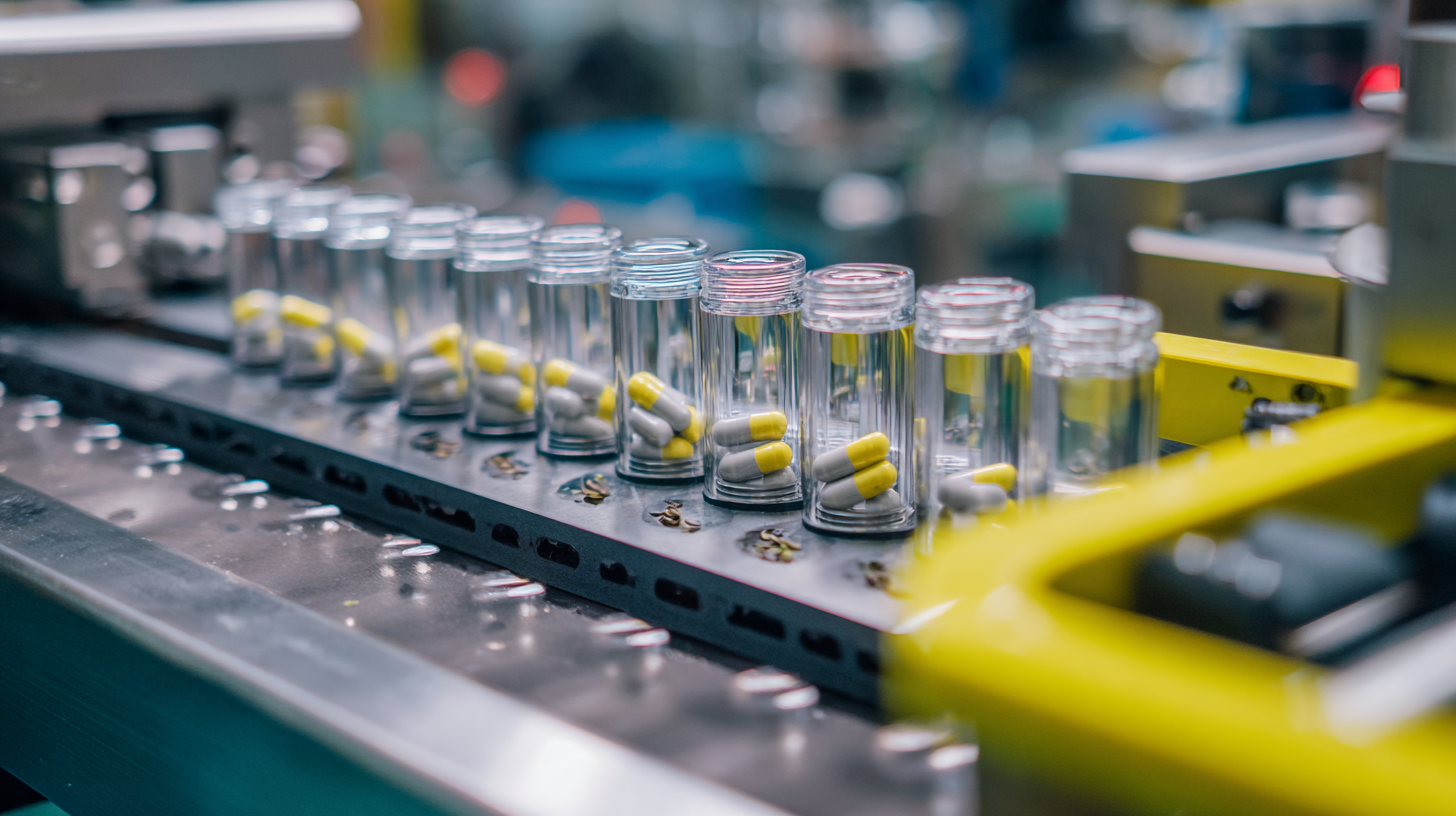
The Role of Capsule Packaging Machines in Eco-Friendly Production Practices
The role of capsule packaging machines in eco-friendly production practices is increasingly pivotal as industries strive to meet sustainability goals.
According to a report by Smithers Pira, the global market for sustainable packaging is projected to reach $500 billion by 2024, indicating a significant shift towards eco-conscious choices in manufacturing.
Capsule packaging, which typically uses less material compared to traditional packaging methods, exemplifies this trend.
The precision of capsule machines allows for optimized material usage, reducing waste without compromising product integrity.
Moreover, advancements in capsule packaging technology are enhancing recyclability and biodegradability.
Industry studies show that about 52% of manufacturers are prioritizing the implementation of biodegradable solutions in their production lines.
Capsule packaging machines are being designed to accommodate biodegradable materials, thus aligning with eco-friendly production practices.
By incorporating such technologies, companies not only minimize their environmental impact but also cater to the growing consumer demand for sustainable products.
As sustainability continues to take center stage, capsule packaging machines will play an essential role in the evolution of responsible manufacturing approaches.
Innovations in Capsule Packaging Technology for Sustainable Manufacturing
Innovations in capsule packaging technology are transforming the landscape of sustainable manufacturing, presenting significant advancements that align with environmental goals. One of the most prominent trends is the shift towards biodegradable materials in capsule production. Manufacturers are increasingly adopting plant-based polymers and compostable films that reduce the carbon footprint, allowing for a more eco-friendly approach to packaging without compromising the integrity of the product.
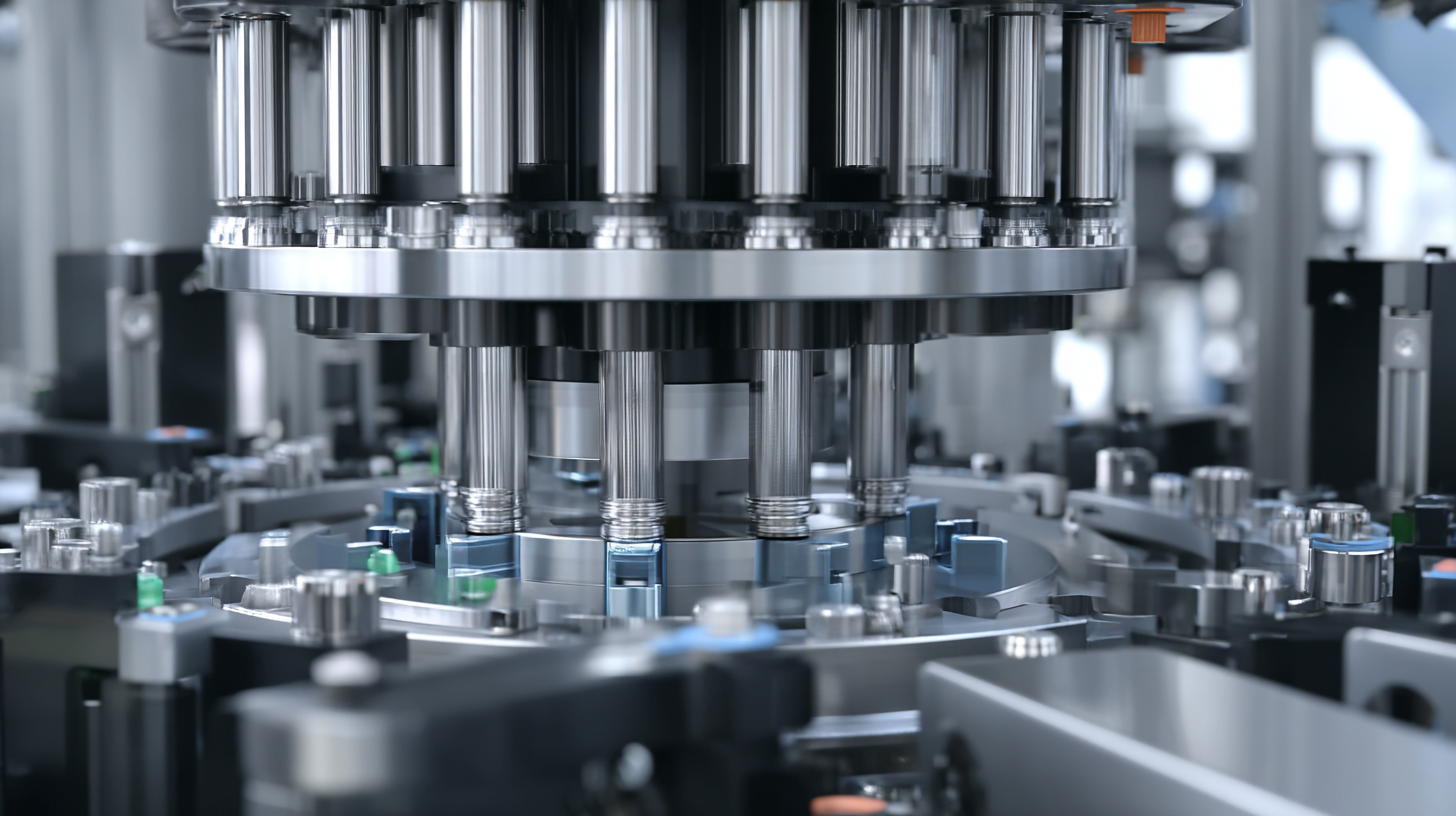
Moreover, advancements in automation and smart technology are enhancing the efficiency of capsule packaging machines. These innovations not only streamline the manufacturing process but also minimize waste by optimizing material usage. Smart sensors and IoT integration enable real-time monitoring of packaging lines, ensuring that any inefficiencies or malfunctions are addressed promptly, further contributing to sustainability. As companies focus on reducing their environmental impact, these technological advancements pave the way for a future where capsule packaging is both innovative and responsible.
Evaluating the Life Cycle Impact of Capsule Packaging Solutions
The life cycle impact of capsule packaging solutions is becoming an increasingly critical consideration in sustainable manufacturing. According to a report by Smithers Pira, packaging accounts for nearly 26% of global plastic production, making it essential for manufacturers to evaluate the environmental footprint across all stages of the product lifecycle. From raw material extraction to disposal, every phase contributes to the overall sustainability metrics, affecting not only the ecosystem but also the regulatory compliance costs for companies.
Recent studies indicate that the adoption of biodegradable materials in capsule packaging can significantly reduce the adverse environmental impacts associated with traditional plastic options. Data from the European Bioplastics Association highlights that bioplastics can lead to up to a 60% reduction in greenhouse gas emissions compared to conventional plastics. Additionally, innovative technologies in capsule manufacturing, such as advanced sealing and lightweight designs, can enhance energy efficiency during production, further contributing to a smaller carbon footprint throughout the product's life cycle. As manufacturers focus on integrating sustainability into their operations, these advancements in capsule packaging could not only mitigate environmental consequences but also create a competitive advantage in a market increasingly concerned with eco-friendly practices.
The Future of Capsule Packaging Machines in Sustainable Manufacturing - Evaluating the Life Cycle Impact of Capsule Packaging Solutions
| Parameter | Impact Type | Current Value | Projected Value (2025) | Sustainability Rating |
|---|---|---|---|---|
| Energy Consumption (kWh/1000 capsules) | Environmental | 50 | 30 | B |
| Material Waste (%) | Environmental | 15 | 5 | A |
| Recycling Rate (%) | Social | 40 | 70 | A+ |
| Production Cost ($/1000 capsules) | Economic | 200 | 150 | B+ |
| GHG Emissions (kg CO2/1000 capsules) | Environmental | 100 | 40 | A |
Challenges and Opportunities in Transitioning to Sustainable Capsule Packaging
The transition to sustainable capsule packaging in manufacturing presents both significant challenges and promising opportunities. One of the primary hurdles lies in the need for manufacturers to adapt their existing machinery to accommodate eco-friendly materials. Traditional capsule packaging often relies on non-biodegradable plastics or limited recyclable components, creating substantial waste. Upgrading to machines capable of handling compostable or biodegradable materials requires substantial investment and technical expertise, which can be a barrier for many smaller companies.
On the other hand, embracing sustainable capsule packaging offers manufacturers a competitive edge in an increasingly eco-conscious market. Consumer demand for environmentally friendly products is on the rise, urging manufacturers to innovate. By investing in sustainable packaging technologies, companies can enhance their brand image, comply with regulatory requirements, and reduce their carbon footprint.
Additionally, the development of new, efficient capsule packaging machines can lead to improved production processes and cost savings over time. This strategic transition not only meets consumer expectations but also aligns with global sustainability goals, making it a worthwhile endeavor for manufacturers ready to invest in the future.
Future Trends: Smart Automation and Efficiency in Capsule Packaging Machines
The capsule packaging industry is witnessing a transformative shift towards smarter automation and enhanced efficiency, particularly in the context of sustainable manufacturing. As the pharmaceutical market continues to evolve, data indicates that the blister packaging machines market valued at $520 million in 2022 is projected to grow to $840 million by 2030, representing a compound annual growth rate (CAGR) of 7.3% from 2024 to 2030. This growth trend underscores the increasing demand for packaging solutions that are not only effective but also environmentally sustainable.
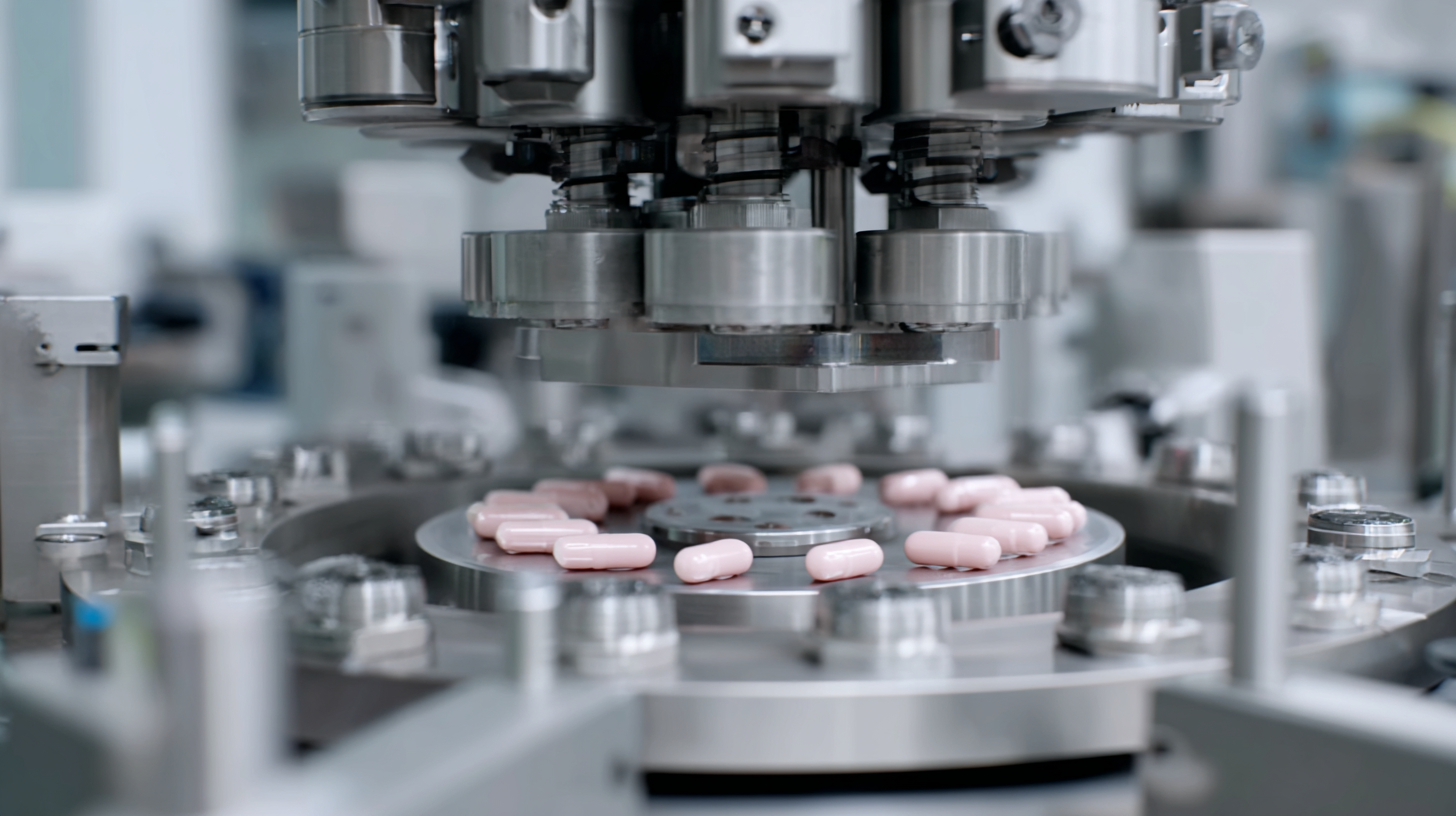
Smart automation technologies are at the forefront of this evolution, enabling manufacturers to achieve higher efficiency and reduce waste. Integrating IoT (Internet of Things) capabilities into capsule packaging processes allows for real-time monitoring and adjustments, significantly enhancing productivity while minimizing resource consumption. As companies strive to meet stringent regulatory requirements and consumer expectations for eco-friendly practices, investing in innovative solutions becomes imperative. These advancements will not only optimize production lines but also contribute to a more sustainable future in the pharmaceutical sector.
Related Posts
-

Ultimate Guide to Choosing the Best Capsule Filling Plate for Your Needs
-

Common Issues Faced by Businesses When Choosing Capsule Packaging Machines
-

Ultimate Checklist for Selecting the Right Capsule Loader Machine for Your Production Needs
-
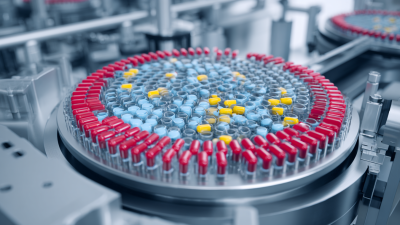
Unlocking Efficiency: The Ultimate Guide to Capsule Filling Plates for Optimal Productivity
-
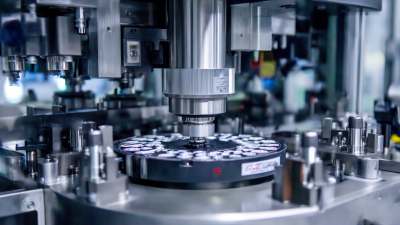
The Ultimate Guide to Choosing the Right Capsule Loader Machine for Your Business Needs
-

Elevating Manufacturing Standards with the Best Capsule Loader Machine



